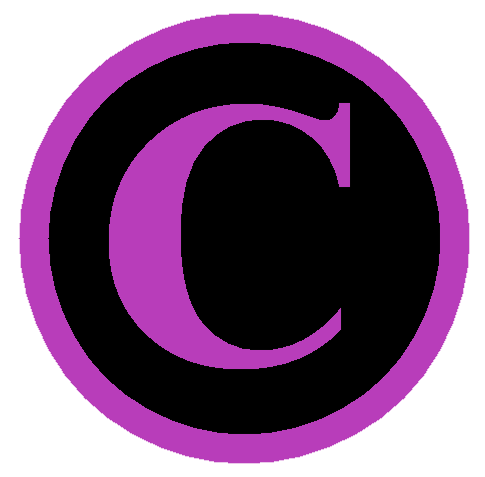The basics:
- A copyrighted work cannot be broadcasted in any form publicly without permission from the copyright owner(s).
- Even if you are recording a video and there happens to be music playing in the background – this could be unlawful use of copyrighted material!
- Just because you have bought content in a physical or digital format, does not mean you have the right to distribute it online.
TikTok
TikTok has features that allow users to ‘duet’ or ‘stitch’ with other users, as long as both parties have enabled the feature on their privacy settings. If a user chooses to duet or stitch with your video, the new video will be subjected to that user’s privacy settings (controlling who can watch or interact with the duet).
You warrant that no content uploaded by you in the process of Use of the relevant services of the TikTok Careers will infringe upon any third party’s intellectual property rights, right of publicity, right of privacy, or other lawful rights or interests.
TikTok User Agreement
More information on dealing with copyright disputes and legal uses of copyrighted material can be found in TikTok’s Copyright Policy.
TikTok also has two music libraries which you can use to scroll and search for audio tracks to enhance your content:
Their General Music Library is available to use for non-commercial content. This music is not licensed to be used to create adverts or other promotional content.
Their Commercial Music Library is intended for business accounts, and can be used to promote your business.
Instagram and Facebook (Meta)
Meta has no additional license to allow you to ‘duet’ freely with any other user: for this you require permission from the original post author.
However, similarly to TikTok, Meta has an arrangement with multiple artists to allow the legal use of their tracks as backing to a reel or story. If you select one of these built-in tracks to use with your content, this is fine. If you upload music you have acquired, or there is music/ other content playing in the background of your video, you may be infringing copyright.
Instagram encourages its users to only post content they have created themselves.
Snapchat
The information Snapchat has on copyright is very limited, which basically means that you should only post your own content (created alongside Snapchat features).
Content posted to Twitter may be used by the company with no compensation due to the content owner.
By submitting, posting or displaying Content on or through the Services, you grant us a worldwide, non-exclusive, royalty-free license (with the right to sublicense) to use, copy, reproduce, process, adapt, modify, publish, transmit, display and distribute such Content in any and all media or distribution methods (now known or later developed).
Twitter User Agreement
Posting copyrighted content is in breach of Twitter Terms of Service: you must make sure you are “legally entitled to post the material and to grant Twitter the license described above”.
- Generally, posting a recording of a live (public) performance on a personal account is considered okay, as long as it is an insubstantial amount: short clips of songs are fine, entire performances are not.
- If you are using content not provided by the app you are using, and you haven’t created the content yourself, stop and consider whether you legally have the right to post it.
- If you see the words ‘intellectual property’, this means (amongst other things) copyright!
Would you like us to look into any other social media platforms and their copyright guidelines? Lets us know!


